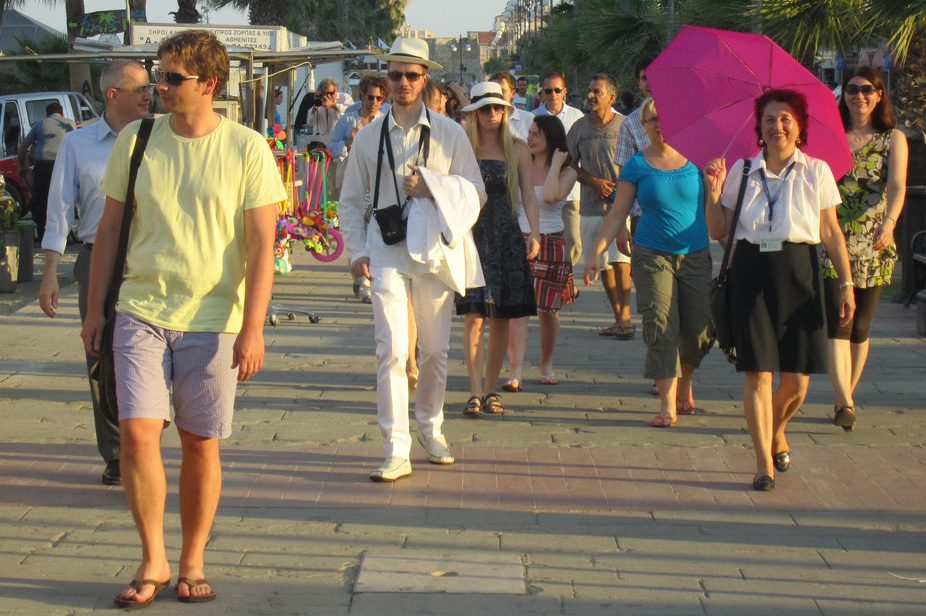What 8 Hotels in Cyprus Can Tell Us About Tourism's Impact

Skift Take
Tourists can, over time, negatively impact a destination but these findings from Cyprus show it's not all bad news when it comes to spending.
Finding a destination suffering from the impacts of mass tourism doesn't require a large-scale man-hunt, unfortunately.
Venice, Italy, for example, has become a playground for tourists and a wasteland for locals as the city is now too expensive and inhospitable for Italians to live in. The beauty of a place like Machu Picchu, Peru faces the threat of deterioration from the throngs of tourists visiting each year who may not consider the effects they have on the land and the area's economy.
Cyprus, while it's not a bucket list destination to the extent that Venice or Machu Picchu are, isn't free from problems involving tourism and can offer a scaled-down example of what's going on in many other destinations. The country receives more than 2 million international arrivals each year which is now on the decline following sanctions against Russia, which supplied a large number of visitors. The World Travel & Tourism Council estimates 25% of Cyprus's GDP comes from its tourism contributions.
The Travel Foundation, working with Pricewaterhouse Coopers and the travel giant TUI Group, surveyed 600 employees at eight hotels in Cyprus and also examined the impact of 60,000 TUI Group tr
